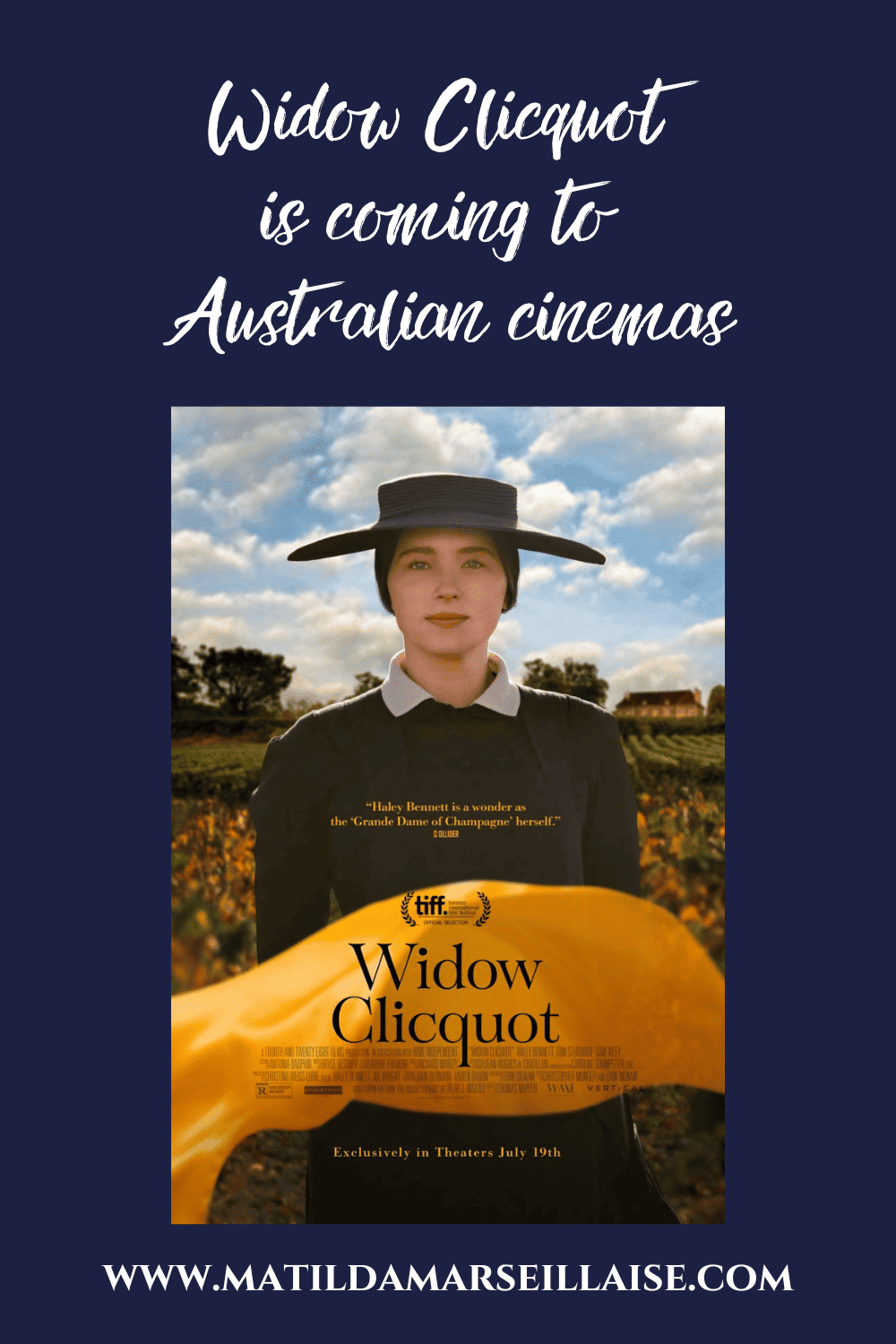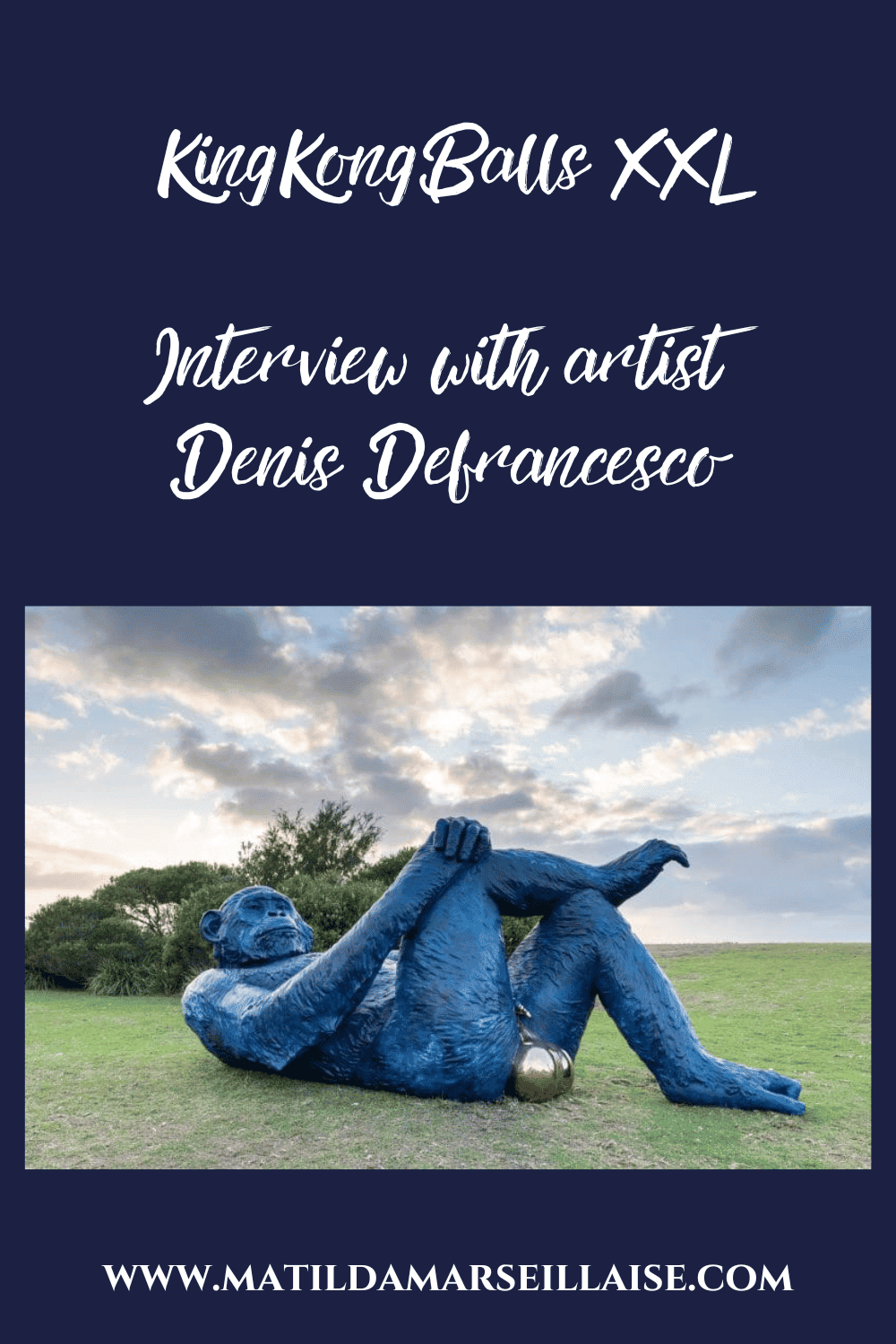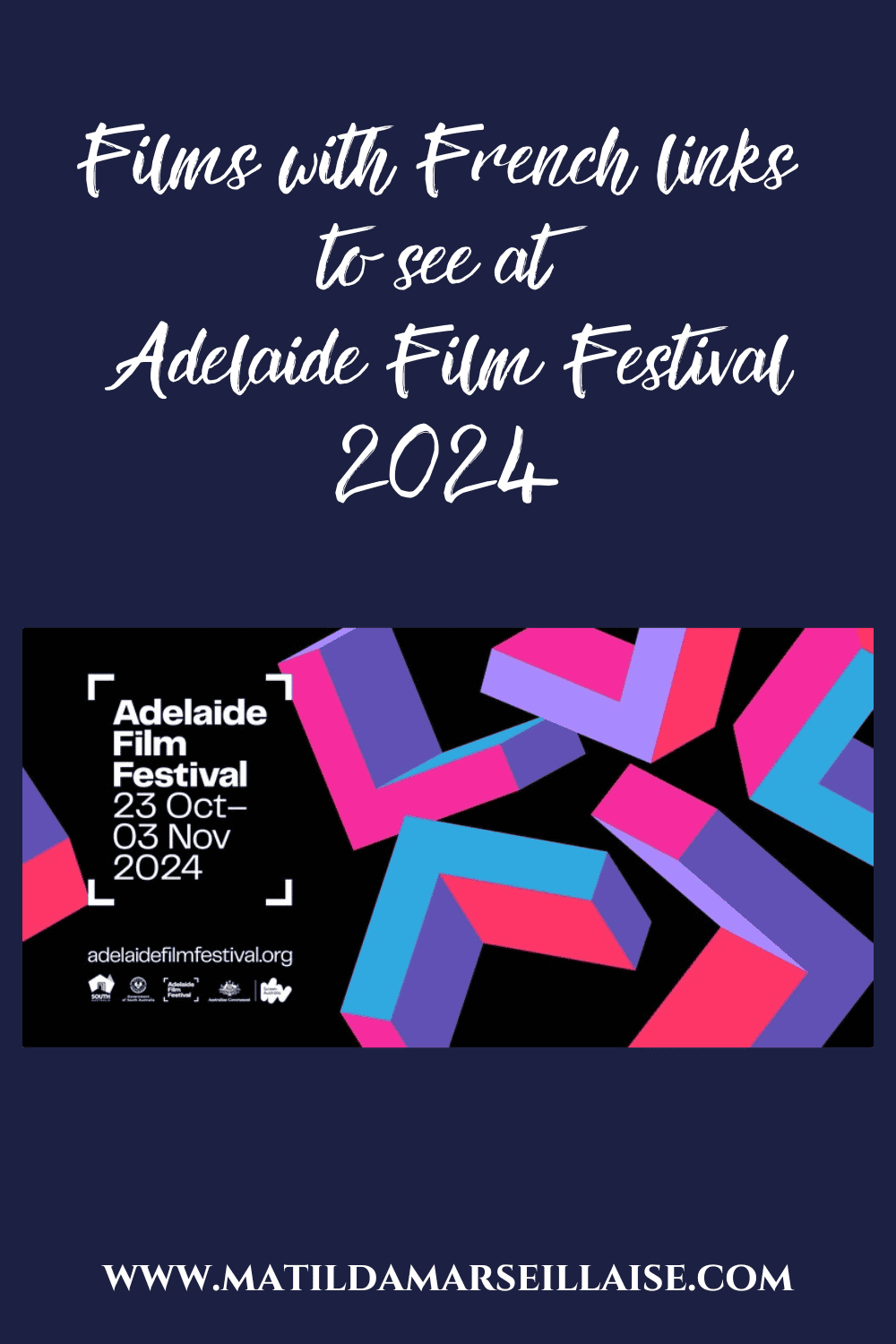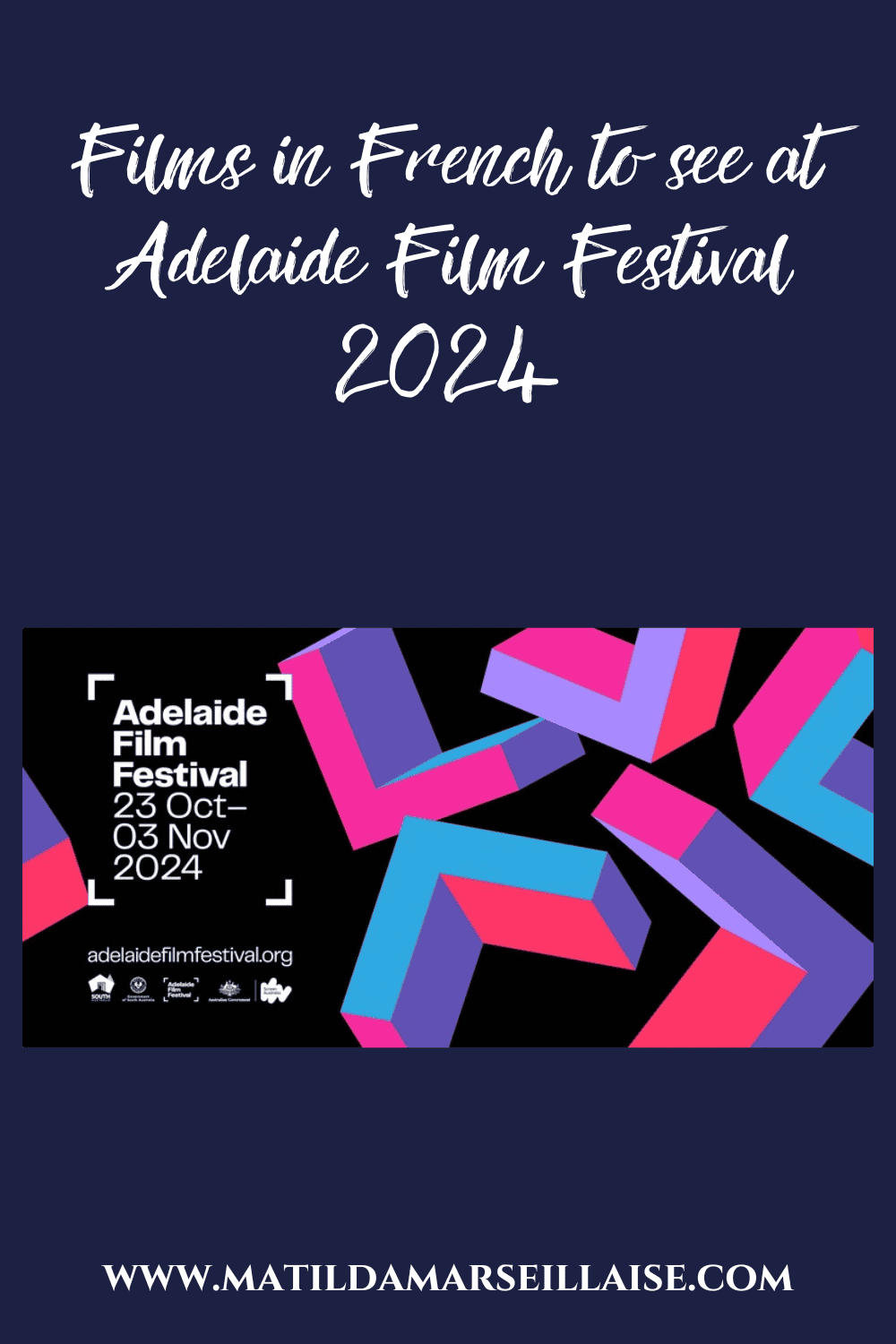Madeleine Peyroux started her singing career busking on the streets of Paris before going mainstream with her second album Careless Love in 2004, released 8 years after her first album Dreamland. To celebrate its re-release, Madeleine Peyroux is doing a world tour, and we’re lucky that Australia is included in it, performing 4 concerts in 4 Australian cities. Read our interview with Madeleine ahead of her Australian tour.

Why did you decide to re-release Careless Love? I know it was the one that took you mainstream.
That’s a really good question. Frankly, we were going to revisit the record as a touring theme anyway and that was a homage because a lot of people had been requesting those songs and it had been almost 20 years. We were going to wait for the 20-year mark. It as the company Concorde who now owns Rounder Records that came to me and my manager to make a re-release for 2020 because that was Rounder Records’ 50th anniversary. And then, of course it was 2020 so there were several complications around…
The main point is that people like it. It’s the record that people like the most, I think.
Why do you think makes people like that one more?
I wish I knew!
Do you prefer it more?
Not entrirely, no. For one thing, Careless Love was my second record – it was an amelioration on my first record which happened 8 years prior. It was the first time I took on making a record as a mature person. I made my first record in 1996. I wouldn’t say I’m even mature now – that could be regression! I could be going in the other direction – I’m not sure which side of the hill I’m on.
All I know is that Careless Love was sort of a best of when we made it because I’d had for years, and even years before making my first record, songs that I had been learning for 30 years or whatever it is – I was in my 30s – those were being distilled down.
But also Larry Klein who produced Carless Love made a pinpoint focus to the goal without making much sense, he knew what he meant. I had one conversation with him before we starting working together and I said “I’m really flattered that you want to make a record with me but can you tell me what you’re thinking?” And he said “I want to make a record that sounds like a dream of a record.” And I thought, “I have no idea what that means but let’s do it”. And it’s 20 years later and I still sing Dance me to the end of love that I recorded on that record and there’s seminal things that we accomplished. We accomplished a few things. It wasn’t a perfect right, we got a few things right that’s all. And it’s hard to get more than one thing right at a time, in general I feel so maybe that’s the key.
You did lots of things right to sell as many copies as you did! I know that we’re always critical of our own work and see things we could have done better. But I am not asking you to tell me the things you feel you could have done better because that’s just cruel!
Haha! No! They are always going to be there. So, you make a record – and I still don’t understand what records are for completely, in the sense that the real purpose that I still can understand of music is that live performance and that means not just the performing of it but the being there when it’s being performed and being in the room. The live interaction of molecules and molecules and air and vibrations and really much more complex systems than that, especially people. The human experience, strangers that are connected through unutterable experience. We can’t really describe it so we have music. That’s the real power.
I’m suspicious of recordings – I love them, they’re entertaining – but I am suspicious of them in that they’re just references. Does that recording really have an emotion? Or is the emotion you had when you heard that recording? And how much of that emotion is connected to the performance in that moment? It’s a record of a moment. Is a photograph just a way to evoke memory or is it a memory? I feel the same way about records. Is it just a reference to the real experience when you’re there having a moment?

All I’m saying is that I have played the songs from Careless Love. I go out there and the experience we have in those rooms is never going to get old. For me, it’s not and usually that means some body else.
And the re-release has some of the live recordings on the re-release?
That was one of the ways that we – there wasn’t much of a remastering to be done because we recorded in the modern technology. It was just one concert
In Spain from memory. One that you luckily found in the archives!
A magical job of making that audible. The sound quality blows me away.
So you sing in English and in French, mainly in English. Do you find it easier to sing in English with that being you mother tongue?
I have been told that I sing better in French than in English. Part of that might be because the French language is full of nasal sounds and nasal sounds are very good for tonality, for timbre. But it might also just be that I am transported by the act of singing in a foreign language that it’s easier for me to suspend my persona.
Does singing in a different language allow you to take on a different persona, like a stage persona?
Singing in French does not make me feel like a different person but it allows me a certain layer of romance in my approach. And there’s a certain of indignation – being really self-asserted about whether or not – if you feel like this, this is valid. When I spent my teen years in France, people were like “you’re an artist” when you’re asking for change [on the streets].
The person who is struggling is usually the artist aren’t they?!
It’s not an American trope. The attitude of respect for someone who may be failing at business and life doesn’t garner passionate responses. I get the impression the same is true in England. But in France that same attitude is part of the French culture.
I sing in Portuguese sometimes. My Portuguese is nowhere near as fluent but I do feel like there’s a persona which comes from the Brazilian Portuguese culture that is right there in the centre of the person who wrote that song and the feelings you get when you’re singing that song.
What can audiences expect from your concerts – and given you’re going to be doing open air at WOMADelaide and some concert halls – does the concert or the experience change performing outdoors?
The concert itself will be pretty reliably what we bring with us in terms of our plan. The audience will affect that plan, of course, if they feel driven or moved to try to request something at the end of the night or just if they don’t like it, we’ll be dealing with that as we go. I don’t expect to have problems yet. So far so good.
We’ve been putting together a concert that normally tries to include some materials that’s specific to that region or that audience and that region. So if I find out that there’s a song that people particularly like in Adelaide, then I’ll try to make certain that I can perform that there. Mainly we’re bringing the songs form the Carless Love album and a select from recent records but more importantly and a good handful of songs that we haven’t recorded and I haven’t recorded that I’ve been working on and preparing for the last several years now.
So it’s not a live performance of Carless Love from beginning to end in its order. There are some surprises in there.
We add a lot of sauce to it.
Does the outdoor element change things?
It’s usually a very beautiful blessing to have an outdoor show. I absolutely love it. I think sometimes the experience at the stage is completely different because nothing is coming back at you from a rear wall. You don’t hear the audience as much, you don’t hear yourself, you don’t hear the PA system. You just don’t have that reference so you have to pay more attention and look around “are they listening? Are they laughing?”. It’s interesting because you spend more time looking at people wondering “what are you doing out there?”
I’ve always found that to be the most beautiful setting when I got to a concert – either you’re on the grass or you’re on an amphitheatre thing, it’s beautiful weather, there’s a sunset involved somewhere or at least a beverage.
The only thing that I can add to that makes playing in the street special – because playing in the street is not better in terms of sound quality, comfortability, hearing yourself or them hearing you – is that there’s one thing you can’t do anywhere else and that is perform for free first and to be absolutely sure that people know that this is my gift to you. And, if you feel driven to give a gift to me – in the form of money in the hat- or buying a record that we used to try to sell – it’s never an equal exchange. It’s never an equal exchange -it’s a thank you. It’s never meant to be weighed out as a commodity. It removes the commercial, capitalist exchange from the equation. It becomes a gift to the economy. You give something. And if you don’t want it, you just keep walking.

But when you stop and you’re in a group of people – still now it gives me chills that excitement that you see. Because the first experience I had of street musicians was walking down the street, seeing them and going “oh my god they’re doing that. I want to do that.” So that’s something I realised recently. Of course, in an outdoor festival, there are free concerts. There are a lot of ways to tie in what’s precious as long as you decide what you think it is.
—
We thank Madeleine Peyroux for this interview and look forward to seeing her perform at WOMADelaide 2023.
KEY INFO FOR MADELEINE PEYROUX 2023 CONCERTS
WHAT: Madeleine Peyroux in concert
WHERE, WHEN, HOW MUCH AND HOW:
Adelaide, Monday 13 March, 6pm, WOMADelaide
Ticket prices for the whole day (not just Madeleine Peyroux’ performance) are as follows:
- Adults $225
- Concession $198
- Youth (13 to 17) $137
- Children (under 12 accompanied by an adult): Free
Purchase your Monday ticket (or any Friday or Sunday tickets (Saturday now sold out)) here https://www.womadelaide.com.au/tickets
Brisbane, 8 March 2023, 8pm, The Tivoli
Ticket prices are: $95 to $115 plus booking fee.
Purchase yours here: https://www.ticketmaster.com.au/madeleine-peyroux-brisbane-08-03-2023/event/13005D4B3A114A8F
Melbourne, 11 March, 8pm, Elisabeth Murdoch Hall, Melbourne Recital Hall
Ticket prices are as follows (exclusive of transaction fee):
- A Reserve $115
- B Reserve $95
- C Reserve $75
Purchase yours here: https://www.melbournerecital.com.au/events/2023/madeleine-peyroux/
Sydney, Friday 10 March, 8pm, State Theatre
Ticket prices are between $75 and $115 (exclusive of handling fee)
Purchase yours here: https://www.ticketmaster.com.au/event/13005D4BE19637BD
What song would you like to hear Madeleine Peyroux perform?
For events with French and francophone links happening this month, check out our What’s on in February






